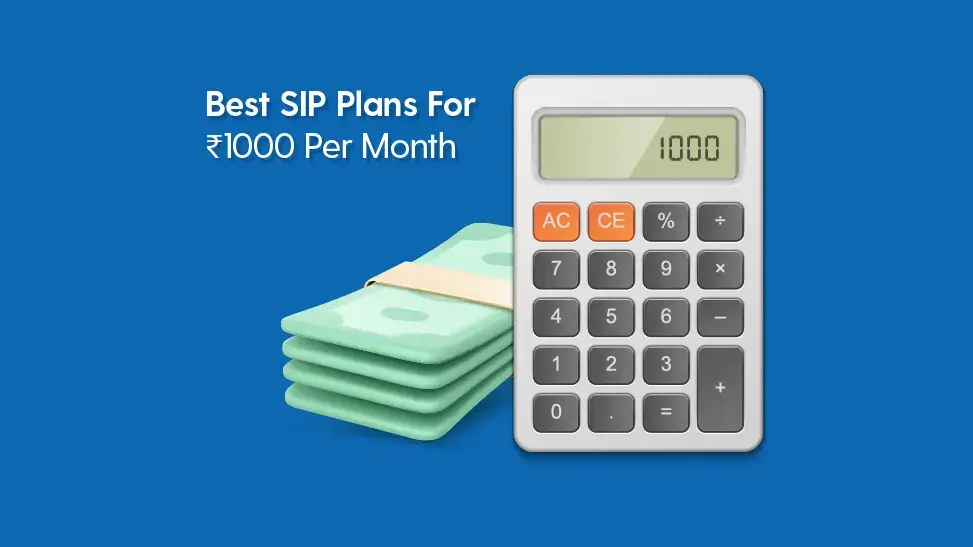When is the right time to exit Mutual Fund

- Published Date: January 06, 2021
- Updated Date: January 29, 2025
- By Team Choice
Much has been said about long term investments and compounding benefits of such investments. But what about the right time to exit mutual fund? Although it’s not possible to time the investments, the timely exit is very important.
As the famous Investor & author Peter Lynch said:
“It would be wonderful if we could avoid the common setbacks with timely exits.”
Before we go ahead, Let’s look at some data.
We analyzed point to point returns from 2010 till 2018. Now, we know that it is not necessary that the historical pattern will repeat again. But at the same time, it can be a good indicator to create strategies that will prevent us from incurring losses in the portfolio.
These are the point to point returns for various timelines of 4 major indices. We chose indices to avoid any selection bias while presenting the data.
Similarly, we also looked at SIP returns for same time periods, and here’s how that data looks like,
Notice how with every increase in the holding period, the return is changing with a big difference in mid and small-cap returns between 2017 and 2018 in both the tables.
As you can see,
When you are making an investment, the long term doesn’t always mean better returns.
So, does this mean you have to time the market to sell your mutual fund investments? But everyone says that it’s impossible to time the market right?
Even though all of this is true you can strategize to plan your exit mutual fund. Here’s how:
Divide your mutual fund portfolio into Core and Satellite Portfolios
Every investment is done with a particular goal and time horizon in mind. It can be a specific goal like buying a house or children’s education. Or it can be a vague goal like wealth creation.
In this approach what you need to do is create a core portfolio of all of your non-negotiable goals. And create a satellite portfolio for your goal of wealth creation.
Now, the core portfolio should be as per Strategic asset allocation (a defined asset allocation divided amongst different asset classes like equity, debt, gold) based on your risk-taking ability. And, the satellite portfolio should be as per Dynamic asset allocation (a variable asset allocation which changes as per changing market conditions).
This approach will help you accumulate the required amount for your important goals and you can also make changes in the portfolio as per market movements to enhance your returns. In this case, as the market turns towards overvaluation, you can exit the equity funds and move towards debt funds and vice versa.
Switch the amount to safer mutual funds at least two years before the goal maturity
While you are investing for essential goals, switch the amount to short term debt funds two-three years before you need the money. If you look at the tables above, you can understand how a year or two change the returns drastically.
Hence, ideally, if the amount is switched to safer funds two years before the goal then the capital will be at comparatively lesser risk earning stable returns. This is essentially a planned exit from your equity investments to book profits and protect the wealth created.
Also Read about :- Underperforming SIPs
Diversify across categories to reduce the correlation between the performance
Most of the investors invest in many funds from the same category to diversify the portfolio. But that doesn’t serve the purpose. Ideally, to diversify the portfolio you should hold multiple categories.
For example, let’s say you have investments in five categories viz. Multi-Cap, Large & Mid Cap, Mid Cap, Short Term Bond, and Corporate Bond. During the rising markets, equity categories will give a boost to portfolio performance. Whereas the debt funds will provide stable returns with lesser risk. And during falling markets, as your equity categories go through a volatile phase, the debt funds will limit the downside.
By using multiple categories, switching from debt to equity and equity to debt can be done easily at different market levels.
There is no simple formula to determine the exit mutual fund or any investment. But these strategies can help you plan for your investments in a better way. Investment is all about probabilities. and using the above tips you can reduce the probability of loss in your portfolio.
Recommended for you

FII DII Data - Live Data

Indian Stock Market Prediction For Next Week

10 Best SIP Plans For ₹1000 Per Month in 2025

Pharma Mutual Funds – Best Option to Invest in 2025?
Invest in best pharma mutual funds in India for 2020 with Investica. Explore our top recommended pharma mutual funds to start investing today.